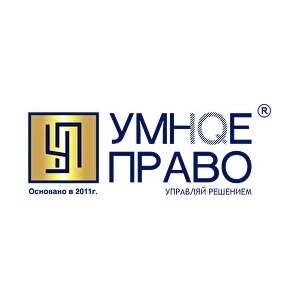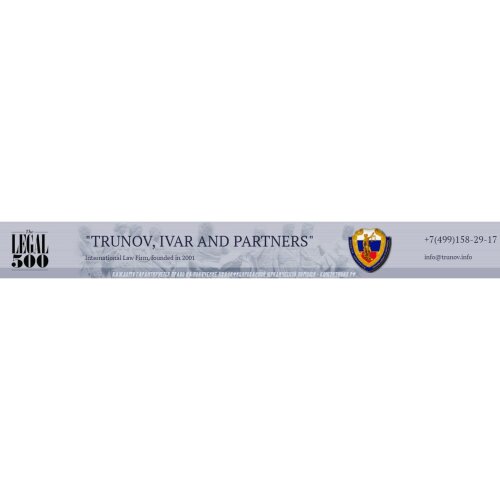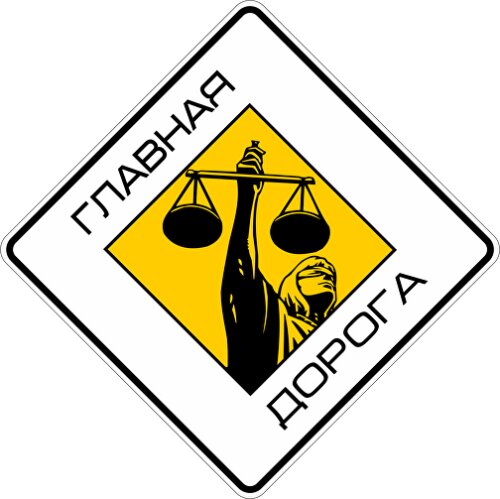Best Trusts Lawyers in Russia
Share your needs with us, get contacted by law firms.
Free. Takes 2 min.
Or refine your search by selecting a city:
List of the best lawyers in Russia
About Trusts Law in Russia
Trusts are a legal relationship where a trustee holds and manages assets for the benefit of beneficiaries. Historically, Russia does not recognize trusts in the same way as common law jurisdictions like the UK or the US do. Instead, Russia relies on civil law structures, using similar constructs such as "nominee holders" or "fiduciaries" to achieve comparable results. It's essential to consult legal advisors to understand specific nuances and alternative methods available for estate planning and asset management in Russia.
Why You May Need a Lawyer
There are several situations where you might need legal help regarding trusts structures in Russia:
- Estate Planning: Creating a will or structuring an estate plan that effectively manages and distributes assets according to your wishes may require legal assistance.
- Asset Protection: Protecting assets from creditors or legal disputes can be complex without the help of legal expertise.
- Family Disputes: Legal conflicts can arise around the interpretation and management of a trust-equivalent structure.
- Tax Optimization: Navigating taxation laws and ensuring compliance while optimizing tax liabilities typically requires legal guidance.
- International Assets: Managing trusts with assets in multiple jurisdictions involves complex legal considerations.
Local Laws Overview
Russian law does not formally incorporate the concept of a trust as seen in Anglo-Saxon law. However, there are legal mechanisms and entities that perform similar functions:
- Fiduciary Management: Russian law recognizes fiduciary roles where one party manages assets for another's benefit.
- Investment Funds: Used for collective investment purposes, providing a form of managed investment that can mirror trust benefits.
- Nominee Shareholding: Allows one entity to hold shares on behalf of another, similar to trustee actions.
Legal advice is crucial in structuring these arrangements correctly within the boundaries of Russian law.
Frequently Asked Questions
What is the main difference between Russian estate planning and Anglo-Saxon trusts?
Russian estate planning relies on civil law instruments like fiduciary management and contracts, unlike the common law trust system.
Can trusts be used in inheritance planning in Russia?
While traditional trusts are not recognized, similar results can be achieved through carefully structured estate plans and legal entities.
How does fiduciary management work in Russia?
A fiduciary manages assets for another party per the terms set out in a fiduciary agreement, with duties much like those of a trustee.
Are there ways to protect assets from creditors in Russia?
Yes, through legal structures like companies or contracts designed to protect personal assets from creditors.
Do trusts in Russia face specific tax implications?
Russia has its own tax rules, and legal structures seeking to replicate trust functions must comply with local taxation laws.
Is it possible to challenge the terms of a will in Russia?
Yes, similar to other jurisdictions, wills can be contested in court, often requiring legal expertise to navigate.
Can foreign trusts hold assets in Russia?
Foreign trusts can own assets in Russia, but they must comply with Russian laws governing overseas investment and ownership.
What are nominee shareholders, and how are they used in Russia?
Nominee shareholders hold assets on behalf of the true owner, enabling privacy and management similar to trusts.
How does one set up a fiduciary agreement in Russia?
Fiduciary agreements involve legally binding contracts outlining asset management terms, often requiring legal drafts and oversight.
What role do investment funds play in Russian trust-like structures?
Investment funds pool capital for investment, offering managed solutions that mimic some benefits of trusts.
Additional Resources
For those seeking further information, the following resources may be helpful:
- Ministry of Justice of the Russian Federation
- Russian Notaries Association
- Local Bar Associations specializing in trusts and estate planning
Next Steps
If you require legal assistance with trusts or estate planning in Russia, consider these steps:
- Conduct preliminary research to better understand your needs and the applicable options.
- Consult with a reputable law firm or attorney specializing in trusts and estate planning in Russia.
- Prepare necessary documents and information to facilitate thorough legal advice.
- Discuss your objectives and comfort level with potential legal structures with your attorney.
Engaging with experienced legal counsel can ensure that your assets and estate are managed according to your intentions and within the legal framework of Russia.
Lawzana helps you find the best lawyers and law firms in Russia through a curated and pre-screened list of qualified legal professionals. Our platform offers rankings and detailed profiles of attorneys and law firms, allowing you to compare based on practice areas, including Trusts, experience, and client feedback.
Each profile includes a description of the firm's areas of practice, client reviews, team members and partners, year of establishment, spoken languages, office locations, contact information, social media presence, and any published articles or resources. Most firms on our platform speak English and are experienced in both local and international legal matters.
Get a quote from top-rated law firms in Russia — quickly, securely, and without unnecessary hassle.
Disclaimer:
The information provided on this page is for general informational purposes only and does not constitute legal advice. While we strive to ensure the accuracy and relevance of the content, legal information may change over time, and interpretations of the law can vary. You should always consult with a qualified legal professional for advice specific to your situation.
We disclaim all liability for actions taken or not taken based on the content of this page. If you believe any information is incorrect or outdated, please contact us, and we will review and update it where appropriate.
Browse trusts law firms by city in Russia
Refine your search by selecting a city.
















